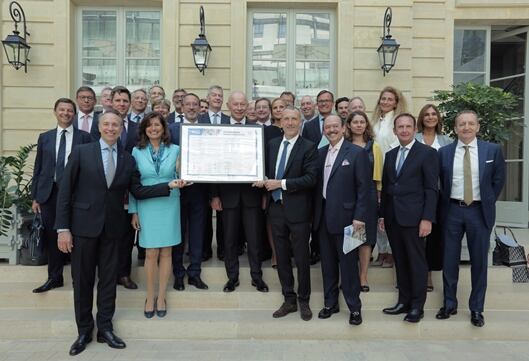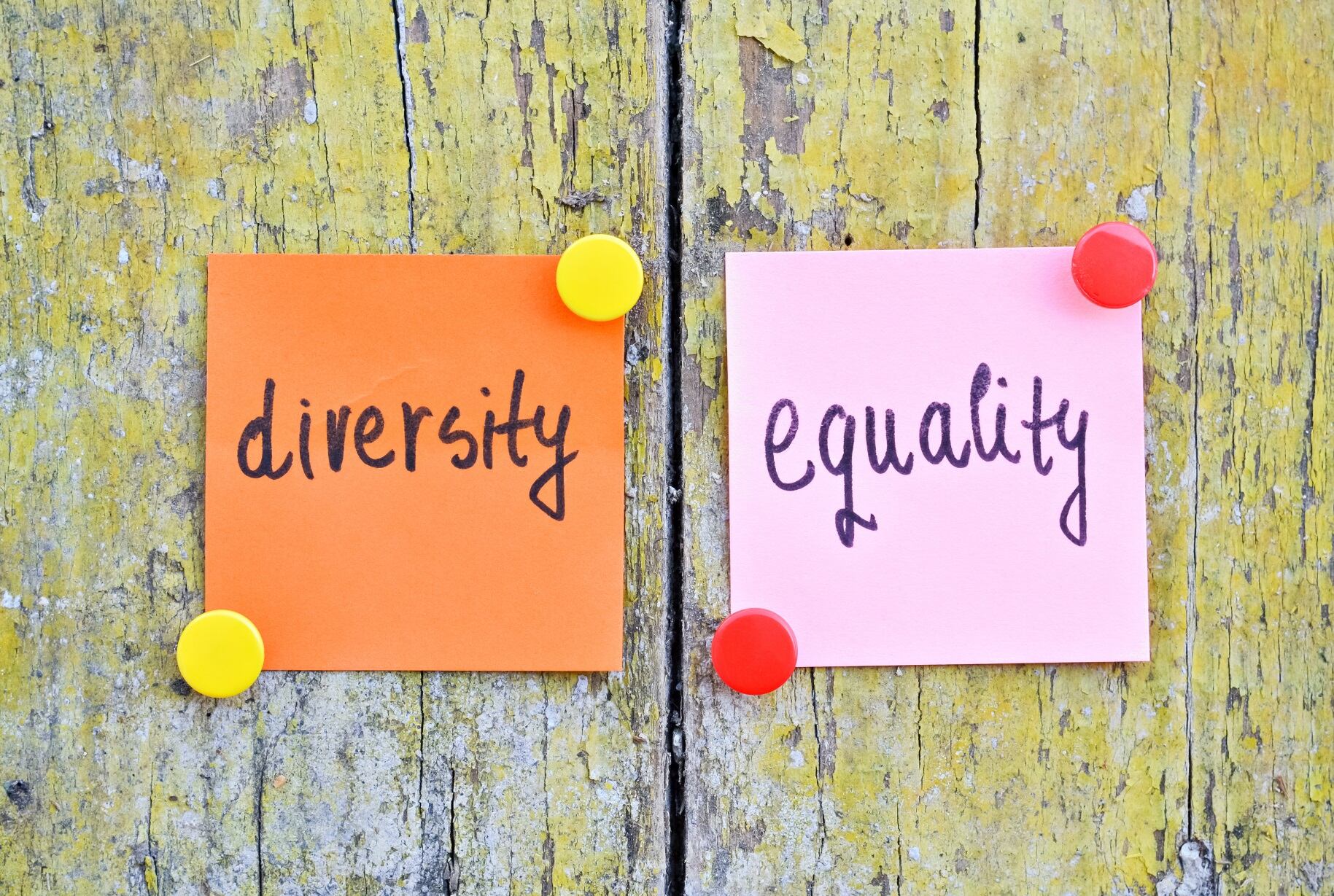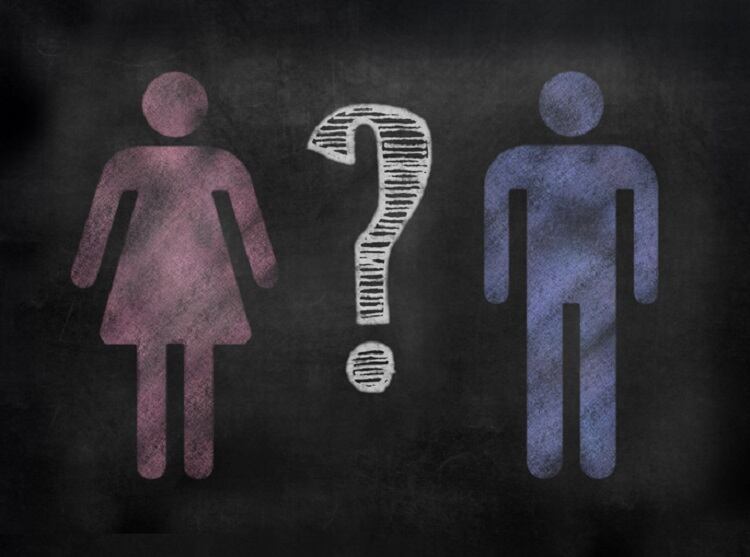The Business for Inclusive Growth (B4IG) coalition is sponsored by the French presidency of the G7 and will be overseen by OECD. It was launched at the G7 Leaders Summit in Biarritz, France. Collectively, the alliance represents more than 3m employees worldwide and generates revenue of over a trillion dollars.
The platform is chaired by Danone. Members have agreed to sign a pledge that they will deliver ‘concrete actions’ to ensure the benefits of economic growth are ‘more widely shared’.
‘The middle class is shrinking... the market economy will not last’
Danone chairman and CEO Emmanuel Faber said the initiative was a response to a growing wealth gap that is inhibiting economic prosperity and deepening social divisions.
“The middle-class is shrinking in most G7 countries, whereas it is the foundation of market economy around the world. And we know that beyond a certain threshold, inequalities are economically damaging. Smartphones used by gen Z make inequalities more visible than ever, and shift social consensus.”
The chief executive did now downplay the threat that these changes pose to business, arguing that the market economy ‘will not last’ unless it becomes more inclusive.
“It’s not a matter of ideology, it is a hard realism that calls us to a collective and inclusive action, for both governments and companies. With B4IG, our aim is to build a constructive dialogue to advance social inclusion, pilot and scale innovative, inclusive micro-economic business models, and thereby help inform macroeconomic policies.”

‘It isn’t about philanthropy’: The business case for a fairer world
B4IG coalition members said they will tackle ‘persistent inequalities of opportunity’, reduce regional disparities and gender discrimination.
The agreement consists of a three-year, OECD-managed programme that aims at promoting opportunities for disadvantaged and under-represented groups through retraining and upskilling, as well as promoting leadership diversity and tackling inequalities in supply chains and human rights issues.
Other signatories include chocolate maker Mars, seasonings-to-ice cream conglomerate Unilever, dairy cooperative Agropur and drinks giant Keurig Dr Pepper.
Mars president and CEO Grant Reid insisted that the confectionery group’s involvement in the scheme reflects the strong business case for supporting a fairer distribution of wealth in society and ‘creating enduring benefits which are shared’.
“It isn’t about philanthropy, but rather an understanding that a business can only be successful if it also enables all of its partners, community and the environment to thrive. That’s why we’re joining the B4IG effort to help create a more inclusive economy which enables greater opportunity for all,” he stressed.
Likewise, Unilever CEO Alan Jope repeated his assertion that sustainable, mission-based brands are good for society and, ultimately, good for business.
“For too long business has been seen as a problem rather than a solution. At Unilever we serve multiple stakeholders, knowing that if we deliver for them then we will be a successful business. This is why we welcome the G7’s recognition of this and are very pleased to have joined the B4IG coalition." - Unilever CEO Alan Jope
From agreement to action
Companies have already identified an initial pool of more than 50 existing and planned projects, representing more than €1bn in private funding, to be covered under the initiative.
The projects range from training programmes to help employees adapt to the future of work, to greater investment in childcare, to increasing women’s participation in the workforce. Other actions include ‘financially supporting’ small businesses, encouraging greater participation in supply chains and to enhancing the integration of refugees in the workforce.
Coalition members will seek to accelerate, scale up and replicate already existing projects, while significantly expanding their social impact, B4IG said.
A B4IG Incubator of public-private projects will also be created at the OECD. The facility will offer companies access to the latest policy research, to help them launch and develop projects, undertake impact assessments and eventually bring about ‘meaningful change’, OECD predicted.
The B4IG Incubator will be funded by both G7 governments and private donors. It will service ‘innovative inclusive’ business projects that require strong collaboration between the private and the public sector. The Incubator will catalyse and disseminate knowledge around the business models with higher social impact.
“The OECD has been documenting and raising the alarm bell regarding the increased inequalities of income and opportunities in OECD countries for decades. They do not only undermine social cohesion and trust, but they also hamper growth, by preventing our economies to take full advantage of the talent of its people and businesses. We are delighted to partner with leading companies that are committed to take action. Our experience, evidence and best practices are at the service of the Business for Inclusive Growth Initiative,” OECD Chief of Staff and Sherpa Gabriela Ramos, leader of the OECD Inclusive Growth Initiative, said.
Various B4IG partners have already launched programmes designed to promote a more inclusive society or workplace.
- Case Study #1: Livelihoods Fund for Family Farming, Danone & Mars
With planned funding of €36m, the Livelihoods Fund for Family Farming (L3F) proposes a 'new approach' to supply chains. The project aims to address the threat to livelihoods of smallholder farmers from low yields, as well as the threat to companies of lower quality and quantity commodities. The fund enables smallholder farmers to adopt more sustainable practices and boost revenue by fostering 'good connections with markets', as well as preserving ecosystems through farming practices combining productivity and 'respect for the environment'.
This helps businesses transform their supply chains, giving them reliable, long-term access to quality supplies in the volumes they need. For example, in Madagascar, L3F has invested in a vanilla project to train farmers in sustainability practices, connect them directly to the market (returning 60% of the value to farmers rather than 5-20%), ensure food security, and prevent biodiversity loss.
This project is working with 3,000 family farms in Phase 1, over a 10 year period. So far €18.4m has been invested by L3F shareholders. The project has reached 13,900 people.
- Case Study #2: Programme Malin, Danone
With total project funding of €2m from Danone Communities and Bledina Inclusive Growth Lever, this project aims to improve the dietary habits in infants aged 0-36 months old living in low-income families. It focuses on providing dietary education of mothers during pregnancy and early childhood, breastfeeding promotion and access to affordable and adapted nutrition through vouchers for fresh fruits and vegetables, baby food, ingredients and kitchen appliances. The program has been running since 2008 and has reached 14,000 people in France. It aims to reach 160,000 children by 2022.
- Case Study #3: Cocoa Women for Change, Mars
Project funding of US$1.2m (€1.08m) is being used to promote gender equality in Cote d'Ivoire and Ghana through Mars' Cocoa Women for Change initiative. it is part of the broader Mars Cocoa for Generations strategy – a long-term approach to enhancing responsible and sustainable practices in the cocoa supply chain.
Unlocking opportunities for women in cocoa-growing communities is 'fundamental' to delivering on the Cocoa for Generations strategy goals, Mars said. The Women for Change program is a partnership between Mars and CARE International that trains women in cocoa farming households to increase their participation and decision making in community development and strengthen their financial literacy and savings. It utilises CARE’s village and savings micro-loan program.
So far the program has trained 6,000 members from 225 cocoa farming groups in Cote D'Ivoire. Over a three year pilot phase, the program has generated $600,000 in savings and loaned over $400,000 (average $80 – 120 loan) to establish income generating businesses, invest in cocoa farms, and invest in education for their children with a nearly 100% repayment rate.




